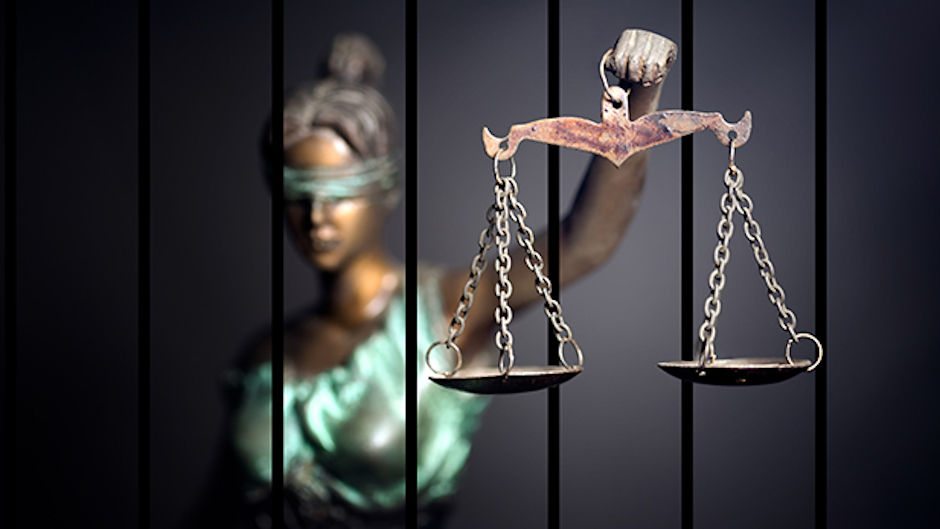As virtual learning continues, the Miami Law Innocence Clinic has not slowed down in its pursuit of justice. The Clinic is preparing to file an appeal in Florida's First District Court of Appeal for its long-time client, Dustin Duty. Mr. Duty has maintained his innocence since he was arrested in 2013. He was convicted of an armed robbery in Jacksonville, Florida.
Law enforcement found Mr. Duty walking on the street near where the robbery occurred and arrested him on the basis that he vaguely matched some of the descriptions offered by the victim. He was not wearing the jacket or hat the victim described and did not have those items in his bag; additionally, he was carrying a backpack, tool belt and had distinctly taped shoes that the victim never noted. Nevertheless, because of inherently suggestive identification procedures implemented by the Jacksonville Sheriff's Office, the victim identified Mr. Duty as the man who robbed her. Despite the fact that Mr. Duty provided his attorney an alibi witness, his attorney never called the witness to testify.
After waiting for nearly eighteen months for ruling on his motion, he Innocence Clinic was forced to file a Petition for Writ of Mandamus last spring. In April, the Fourth Judicial Circuit Court in Duval County ruled against Mr. Duty on his motion for post-conviction relief. Since classes started for the 2020-2021 school year, clinic students have worked tirelessly to draft his appeal. “Drafting and editing Mr. Duty’s brief has been a uniquely rewarding experience,” said 3L Michael Sanchez.
The clinic asserts trial counsel was ineffective for failing to call an alibi witness, for failing to impeach its sole witness, and for failing to move to suppress an impermissibly suggestive eyewitness identification. “The clinic could not operate without the dedication of its student interns, who have researched the case thoroughly and spent endless hours drafting the appeal,” said clinic Director, Craig Trocino. “Every student in the clinic worked diligently on this brief and they all rose to the occasion,” he added.
“Stepping outside the confines of traditional law school coursework and into the real-world fight for justice for Mr. Duty has been, while rewarding, an incredibly sobering experience,” Sanchez said.
Mr. Duty’s case exemplifies the consequences of neglecting to properly represent a client. His defense attorney at trial failed to respond to several letters from his client, ignored repeated requests from an alibi witness who was ready and willing to testify, and only called one witness: the police detective who identified Mr. Duty as a suspect. The student interns—several of whom want to become criminal defense attorneys—are seeing firsthand the importance of their future careers.
Since the clinic stepped in, Mr. Duty has received the steadfast and zealous representation he deserves. The Clinic believes in Mr. Duty’s innocence and hopes the appellate court recognizes the gross injustice he experienced at trial.
More on the Innocence Clinic
More on Social Justice and Public Interest Law

